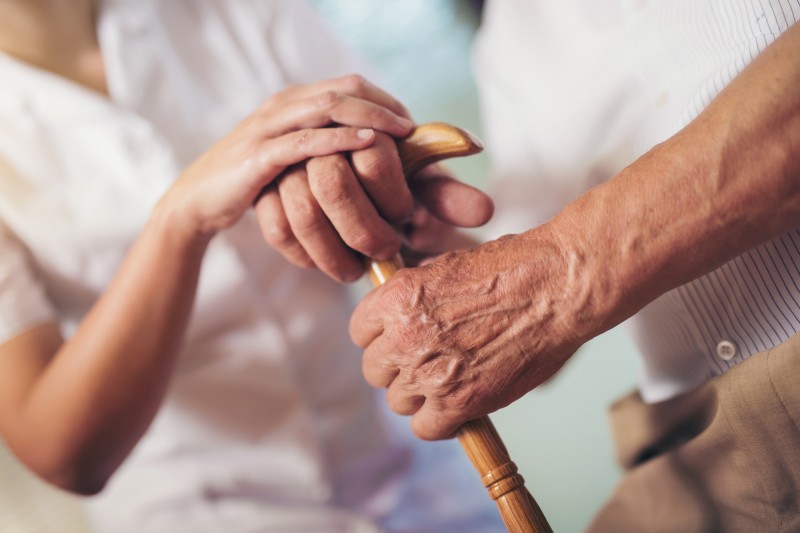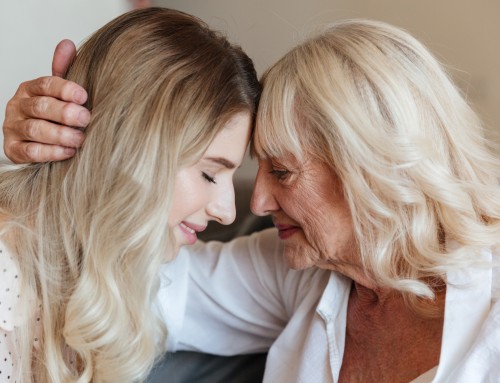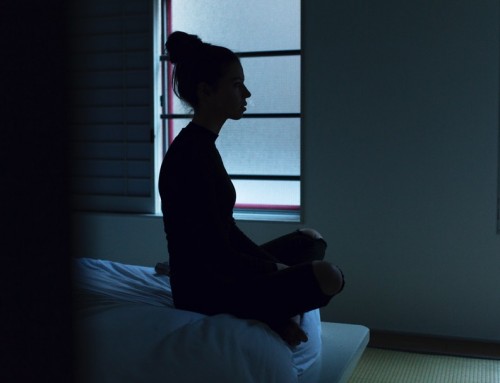Some seniors need daily assistance but want to avoid assisted-living or nursing home residences. Home care may then be an option where a nurse from an agency or a family member does the caregiving.
In fact, family members often serve as primary caretakers. A 2015 AARP report estimated that 34.2 million adults provided unpaid care to someone 50 years and older during the previous twelve months. Unpaid is the key word here since caretaking involves tremendous emotional stress and is also a large financial burden.
Luckily, New York State created CDPAP (the Consumer Directed Personal Assistance Program). It gives your loved one or you (if they need your help) full control over all aspects of their care. CDPAP will even pay family members for caregiving.
What do you need to know about the CDPAP program, and is it right for your relative? Read on to find out!
Basic Information About the CDPAP Program
CDPAP is a New York State Medicaid initiative. It gives people who are eligible for home care services the ability to recruit, hire, and supervise their healthcare workers.
Prior to CDPAP, seriously ill or disabled individuals received home care from an agency. They would handle all administrative aspects of care. The CDPAP program, on the other hand, puts control firmly in the hands of the patient (or the patient’s relative).
While this might seem intimidating, the ability to choose a healthcare provider for your loved one can be liberating. This is especially true if you are doing the bulk of caretaking work already.
The CDPAP program is unique in that it allows you or another relative to be the primary caretaker. Only the patient’s spouse is ineligible.
For your loved one to qualify, they have to be eligible for Medicaid as well as home care services. They must also have a stable medical condition requiring help with Activities of Daily Living (ADL).
Finally, your loved one or their representative (which can be you) has to be self-directing. This means they (or you) must be capable of directing their care.
To enroll, the patient’s doctor submits a Physician’s Order for Services to a local services agency. The agency assesses whether your relative qualifies under the CDPAP program.
Now let’s look at some specific details of the program and how it compares to traditional home care agencies.
How Does CDPAP Compare to Traditional Home Care Agencies?
Most people prefer to receive care in their home, as opposed to an assisted-living residence or a nursing home. In many people’s minds, living at home means remaining independent. Moving away, on the other hand, automatically signals a loss of autonomy.
Either a home care agency or the CDPAP program can make this possible. But there are big differences between these options. Let’s look at four advantages of CDPAP over traditional home care.
Freedom and Control
Mental or physical illness sometimes accompanies old age. As limitations grow, a loss of freedom and independence is felt. Things that were taken for granted during adulthood suddenly seem impossible.
Unfortunately, using a traditional home care agency may compound feelings of helplessness. The agency selects your loved one’s caregiver, who may or may not be the same person as a result of scheduling difficulties and other problems. Communication about emotional and/or medical needs might then be inadequate for quality care.
Furthermore, home care agencies sometimes have spotty weekend care. If your loved one’s nurse calls in sick, the agency may neglect to notify them or you. When no one shows up, you are left wondering why.
CDPAP eliminates all the above problems. The patient or their representative controls all administrative aspects of care. This leads to greater consistency and a higher level of caretaking.
Loving Care
CDPAP allows you to hire anyone you want as your relative’s caretaker. This could be a trained professional or a member of your relative’s family (except their spouse). No certification or special training is required.
Many family members are already taking care of their loved ones, and the CDPAP program allows them to be compensated for this work. This helps the patient because family members provide the most loving care. While an agency nurse may be kind, they can never take the place of family.
What’s more, some nurses spend just as much time on their phones as they do with their patients. They attend to their needs only when absolutely necessary. No one wants their loved one to be in that kind of situation.
Consistent and loving care from a family member benefits both the physical and mental well-being of the patient. The CDPAP program makes this situation possible.
Cost
A recent AARP study estimates that caregivers spend approximately 20% of their income on expenses for an elderly relative. That is a lot of money and creates a huge financial burden on the family as a whole.
Perhaps you are spending this money on a home care agency you are unhappy with. They often charge hidden fees (such as providing weekend or nighttime care) that can drive up the cost.
Or you may be trying to hold down a job and caring for your relative for free. You are paying for all expenses out of your own pocket. That is stressful and emotionally draining.
The CDPAP program eliminates this stress and financial hardship. It pays for all caretaking work, whether it is performed by a professional you choose or yourself. You no longer have to worry about how you are going to pay for your loved one’s care and can concentrate fully on their needs.
Living at Home
The final benefit of the CDPAP program is that it allows your loved one to remain in their home for as long as possible. Surrounded by their sentimental possessions in a familiar environment, your loved one will be happier.
In addition, patients who suffer from dementia do better at home. Familiar routines and environment provide clues that help jog their memory. They are then able to function independently longer.
Wrapping Up: The CDPAP Program
Now you have the tools to explore CDPAP. The freedom, control, and financial security you gain from enrolling your loved one can be life-changing. Caregiving stress is alleviated, and they are much more content.
If you enjoyed this article, why not read some of our articles on other topics? We have a wide variety to choose from, ranging from information on medical apps to achieving mind-body balance. Why not check us out today?











